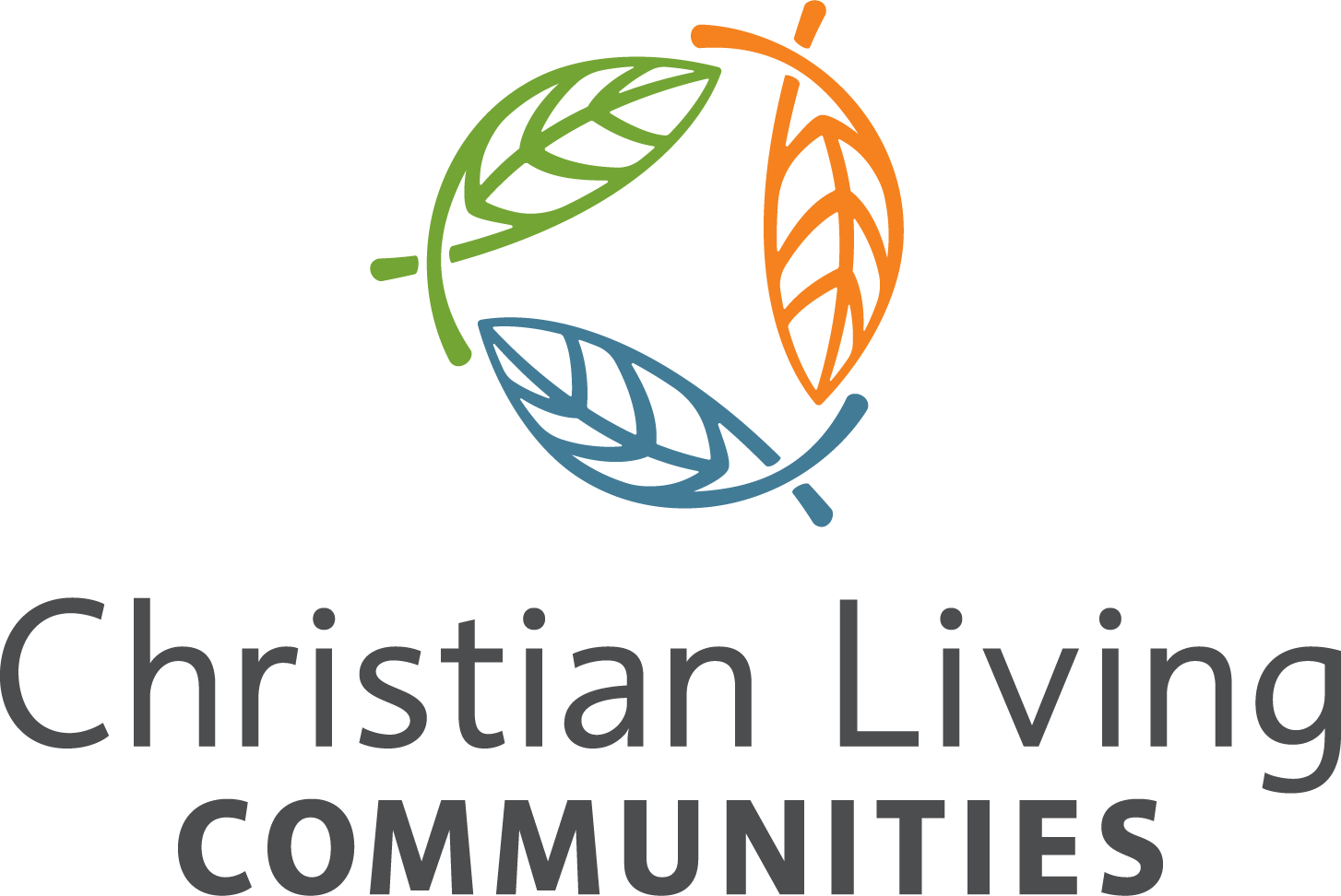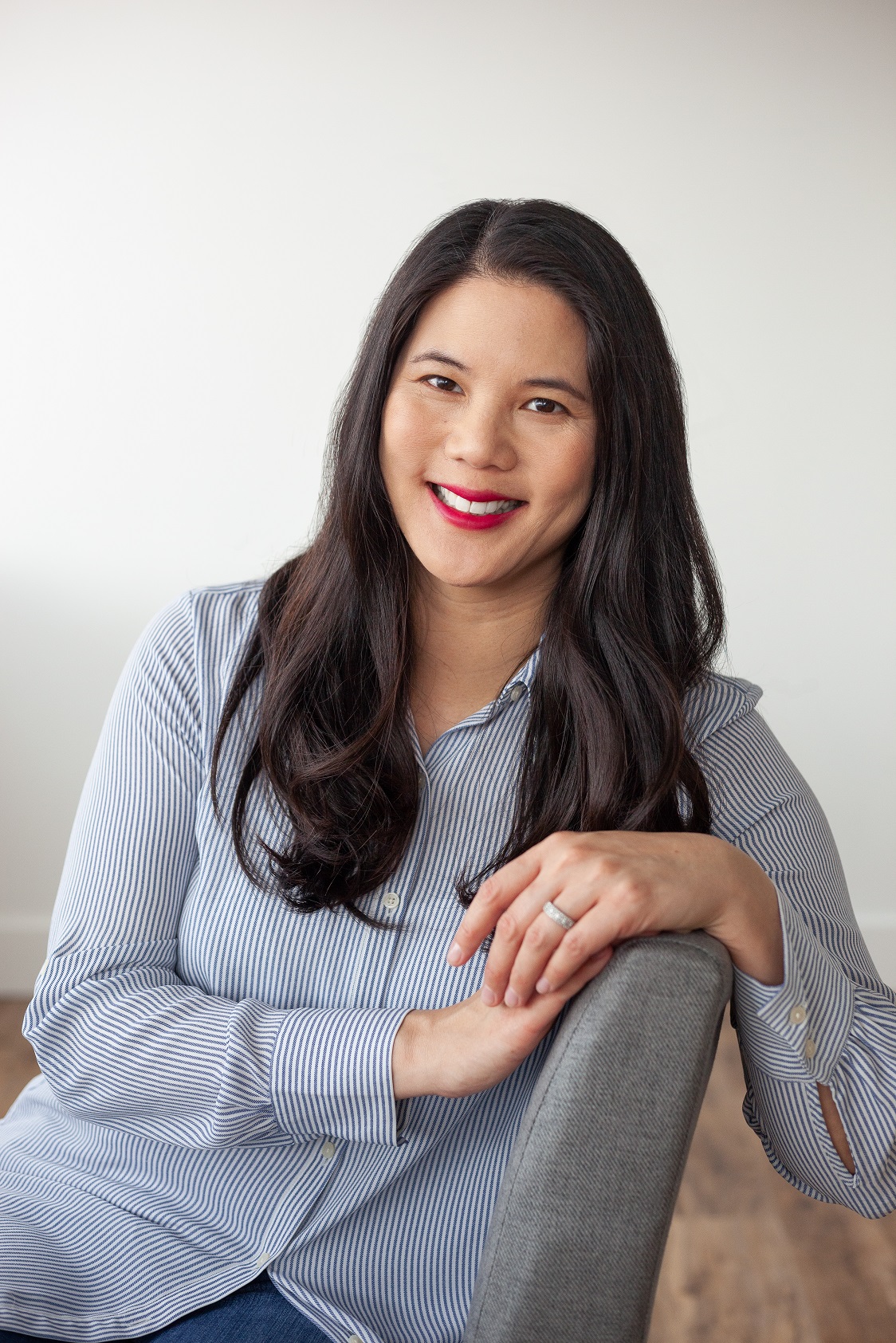Recently more than 125 dedicated leaders from across Christian Living Communities and nearly 80 residents, family members, and friends gathered for a day of learning, sharing, and commitment to do our part in helping people Live Well with Dementia.
Jessica Luh Kim, an international culture change and dementia educator, and Mark Timmons, a board member for Dementia Action Alliance and someone living well with dementia, led us through learning to help each person shift their perspective and understanding of what it means to live with dementia. Each CLC community is working on their own specific plan to engage, support, and create true belonging for those on the dementia journey. We are excited and energized to be on this journey.
We invited Jessica Luh Kim to share, in her own words, what this sacred work means to her.
From Surviving to Thriving - Living Well with Dementia
My first encounter with people living with dementia began in high school when my grandmother experienced a series of strokes that affected her physical and cognitive functioning which led her to move to a long-term care community. During my visits, I observed the staff’s interactions with her and felt they often lacked genuine compassion and understanding, despite their likely good intentions. This experience ignited my quest to understand dementia better and explore ways to better support individuals living with dementia. Over the years, I’ve had the privilege of working with many people living with dementia in various capacities (e.g., research, education and policy development, advocacy, etc.). They have been my best teachers, allies, collaborators, and even some of my closest friends.
When I ask people living with dementia what they need to live well, the response is rarely a call for a cure. Instead, they express a desire to be treated like anyone else, to remain engaged in meaningful activities, and to be recognized for their strengths and continued abilities despite changes. Common sentiments I often hear include, “Just because I live with dementia doesn’t mean I am no longer there, no longer able to make decisions or do things that are meaningful. Even as my abilities change, I am still here,” and, “I have so much still to offer and I need people to see that and support me to continue on.” They also share, “I’m just trying to live in the present and as best I can each day.”
Mark Timmons shares his perspective from the CLC Living Well with Dementia Symposium
Shifting from a Biomedical to a Person-Directed Approach to Dementia Care
Unfortunately, much of what is taught about dementia focuses on deficits, decline, dysfunction, staging, managing behavioral psychological symptoms of dementia, and interventions/therapies, tragedy, and even cost. This biomedical view overlooks the desires and strengths of individuals with dementia, and more importantly, fails to acknowledge their humanity. As such, there is a growing call to adopt a more humanistic understanding of dementia and a different approach to supporting people with dementia to live well.
In his book, Dementia Beyond Drugs: Changing the Culture of Care (Second Edition, 2017), Dr. Allen (Al) Power offers a new definition of dementia: “dementia is a shift in the way a person experiences the world around her/him” (page 92). This definition encourages us to understand the world from the perspective of those living with dementia. Al also suggests in his second book, Dementia Beyond Disease: Enhancing Well-Being (Power, 2014), using the Eden Alternative Domains of Well-Being® as an approach to better understand and identify what people living with dementia may need to live well. The seven domains include: identity, connectedness, security, autonomy, meaning, growth, and joy.
Embracing Growth and Possibilities to Move from Surviving to Thriving
In my own learning journey, I’ve found these domains to be a valuable framework for shifting our mindset and approach. They remind us to focus on knowing each person deeply, putting the person before the diagnosis and task, and recognizing the impact of people and the environment on well-being. Viewing individuals through a lens of strengths, possibility, and growth, rather than one of deficits, is crucial. After all, the desire to live well does not stop or diminish with a dementia diagnosis. As my dear friend Mary Beth Wighton, a well-recognized dementia advocate and long-time collaborator, once said, “we don’t stop living once we are diagnosed.”
So, my question to you, my fellow colleagues (and to myself), is: what are we doing to change our current understanding of dementia and move away from a model that does not align with what people living with dementia (or anyone for that matter) want and need? How can we see the strengths, potential, and possibilities in people and help create the conditions in which they can thrive and not just survive? This is our real challenge, and the time is now for us to do better together. If you want to learn more and join this movement, please reach out to me on LinkedIn. I can’t wait to connect!
About the Author
Drawing from her personal life experiences, Jessica has dedicated a significant portion of her professional career and volunteer efforts to enhancing the quality of life for older adults and individuals living with dementia, as well as improving the work experiences of health care providers across various settings. As an independent consultant and Gallup Certified Strengths coach, she continues to play a role in fostering better living and working environments in both Canada and the U.S. Currently, she serves on the board of The Center of Innovation, the parent organization for The Green House Project and Pioneer Network.


